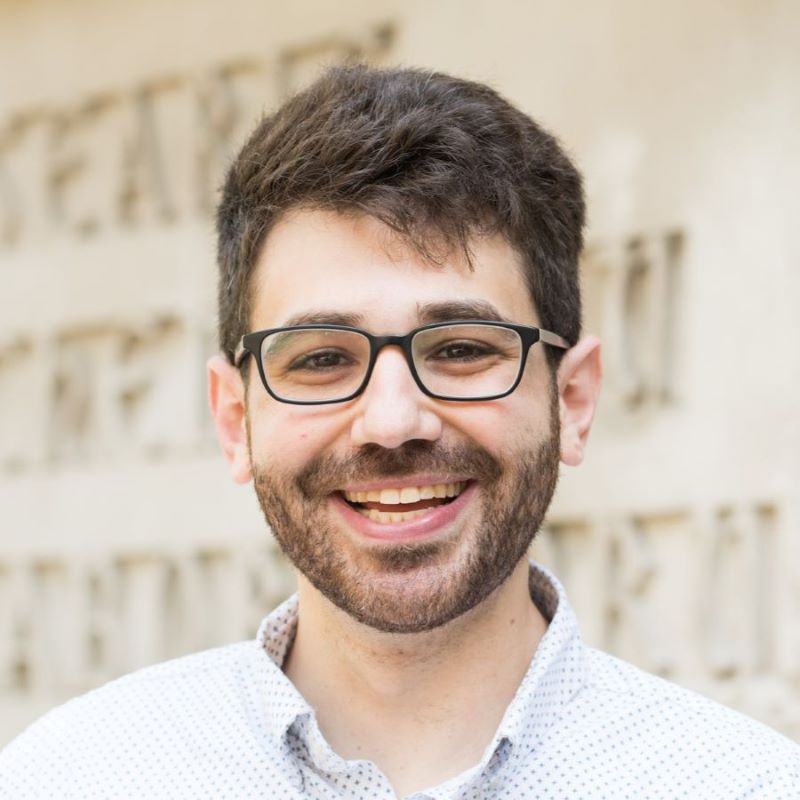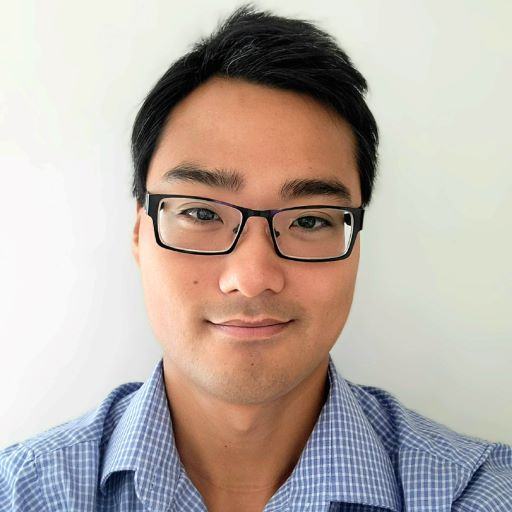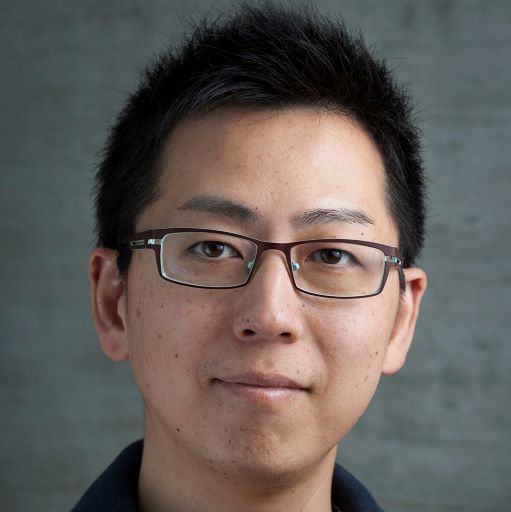FMC offers the New Investigator Award to support up and coming research faculty (independent careers of six or fewer years) with a two-year $25,000/yr. research grant. To be nominated, you don't have to go through a rigorous application process, you just have to publish research that catches the attention of someone at FMC. Awardees are then selected by an interdisciplinary committee of scientists from across FMC's R&D community.
2022 Winners
Dr. Mark Levin, PhD, University of Chicago
Dr. Levin's group develops transformations which enable single-atom changes to diverse ring systems through the insertion and deletion of single heavy atoms (C,N,O, etc.). Through these discoveries, Dr. Levin’s group aims to offer unique, nonintuitive retrosynthetic strategies that enable direct scaffold hopping through facile late-stage functionalizations.

Dr. Tyler Frankel, PhD, University of Mary Washington
One of Dr. Frankel's research interests—a focus on sub-lethal effects on aquatic invertebrates—has the potential to be incorporated into screening assays for challenging aquatic tests like Mysid life cycle tests. Dr. Frankel's laboratory work has been a supplement to his primary teaching commitments, but through research projects, he has given undergraduates hands-on opportunities which have led to multiple students attending and presenting at local and national scientific meetings such as the Society of Environmental Toxicology and Chemistry.

Dr. Tomokazu Kawashima, PhD, University of Kentucky
Dr. Kawashima’s lab is investigating the molecular mechanisms, cellular dynamics, and evolution of land plant sexual reproduction, especially focusing on stages from fertilization to early seed/embryo/endosperm development using Arabidopsis thaliana, soybean, and the liverwort Marchantia polymorpha as model systems for the discovery of novel acting compounds, both yield improving or herbicidal. His team also has expertise in using confocal and other microscopies to study changes in morphology and unravelling their connection to altered developmental processes. His lab also hopes to establish a means of studying phenotypic changes with treatments in higher capacity plate-based systems.
